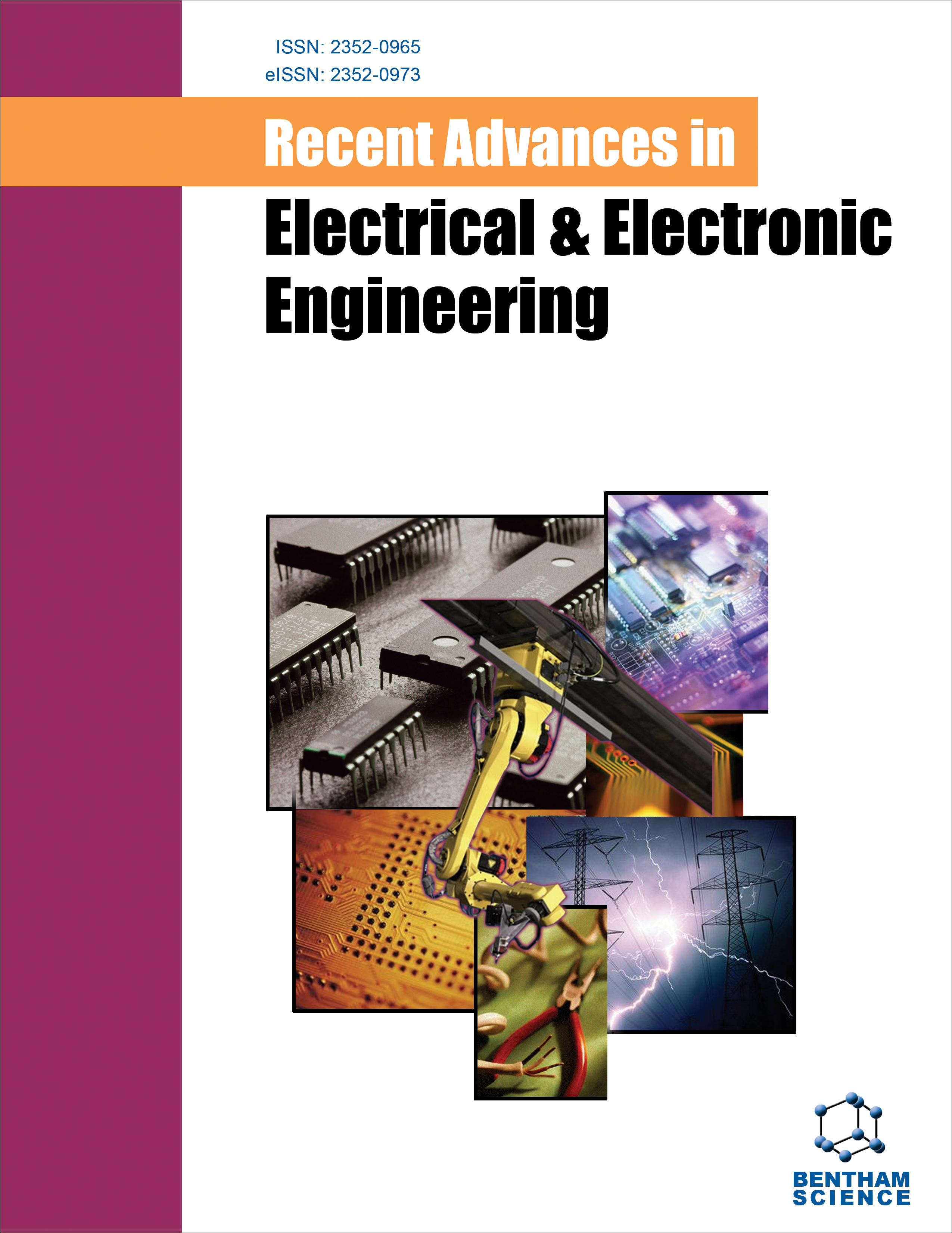
Full text loading...
In the field of machine learning, federated learning (FL) has become a breakthrough paradigm, provided a decentralized method of training models while solving issues with data security, privacy, and scalability. This study offers a thorough analysis of FL, including an examination of its underlying theories, its varieties, and a comparison with more conventional machine learning techniques. We explore the drawbacks of conventional machine learning techniques, especially when sensitive and distributed data is involved. We also explain how FL addresses these drawbacks by leveraging collaborative learning across decentralized devices or servers. We also highlight the various fields in which FL finds application, including healthcare, industries, IoT, mobile devices, and education, demonstrating its potential to deliver tailored services and predictive analytics while maintaining data privacy. Furthermore, we address the main obstacles to FL adoption, such as costly communication, heterogeneous systems, statistical heterogeneity, and privacy concerns, and we suggest possible directions for future research to effectively overcome these obstacles. In order to facilitate future study and growth in this quickly developing discipline, this review attempts to shed light on the advances and challenges of FL.

Article metrics loading...

Full text loading...
References


Data & Media loading...

